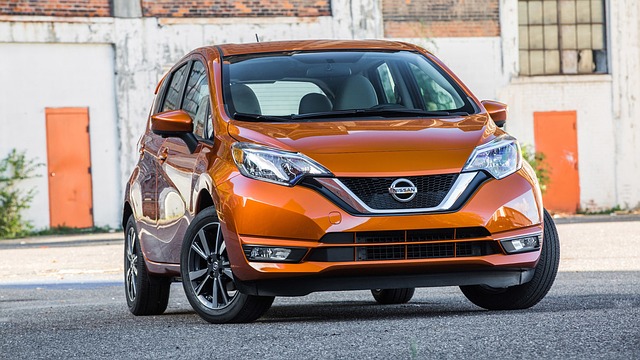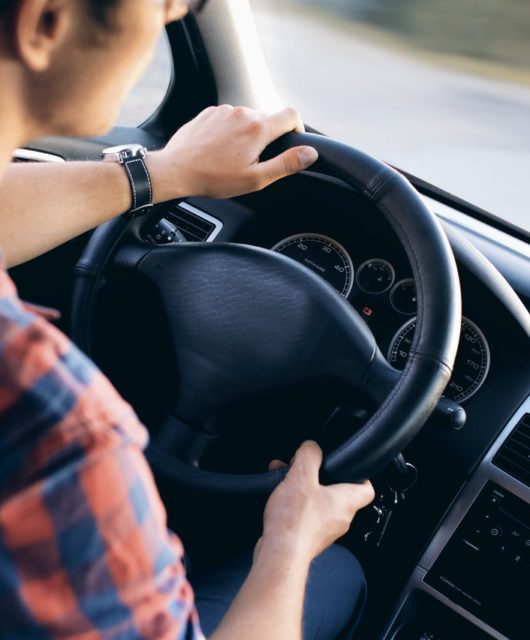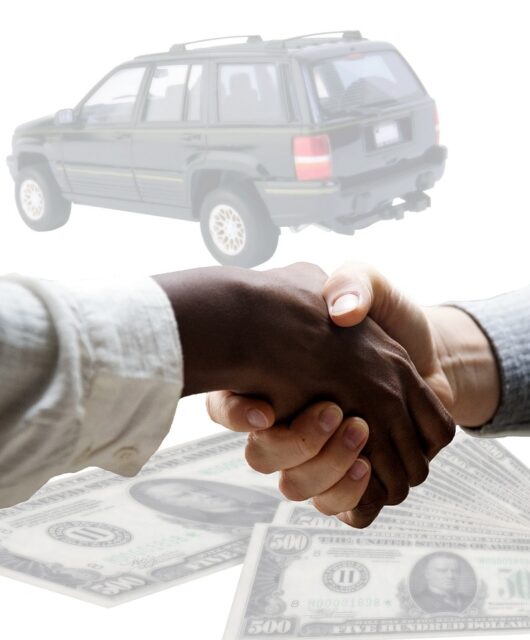Guidelines for first time car buyers

When it comes to buying your first car, things can seem a little daunting; sometimes even more so than taking your test! On top of finding the right make and model for you, there’s a lot you have to make sure you get right to avoid problems further down the (both metaphorical and literal) road. Whether it’s finding the cheapest insurance, ensuring the tax is up to date, or checking that the motor’s not overdue on its MOT, it’s best to be clued-up on what you’re doing when you make that first purchase. Here are our most important tips to think about when buying your first auto.
What to buy?
Before you go to make your purchase, you may have an idea of the type of car you’re looking for. However, from the style of vehicle to the colour of the paintwork, just because two cars look identical doesn’t mean they’re the same under the bonnet. Especially if you’re buying a used car, wear and tear is important when it comes to insurance and future problems. High mileage, for example, is no real issue for a car you only intend to use for the few miles to work each day but if you need something to last you a longer commute and trips around the country, you want a vehicle that can cope with that demand.
Where to buy?

Choosing the best place from which to buy your first car can benefit you in a number of ways, including making sure you don’t end-up with a dodgy deal. There is a range of places where you can get yourself a motor, but each has things to look out for. Buying from a big-name dealer certainly helps the trustworthiness but with staff aiming for sales targets, you could be paying over the odds for your car even if you haggle. And though a private second-hand seller could save you a lot of money, there’s more chance that the car could have some hidden major problems to cost you even more to fix, so stay vigilant.
How to buy?
While buying privately almost certainly means you’ll be expected to pay the full price all in one go, getting your car from a dealer will give you the opportunity of a finance structure, where you can negotiate monthly payments and a final lump sum to cover the cost. Such plans are invariably popular nowadays, and the Finance & Leasing Association reported over 86% of new car sales being paid for this way in the past year.
What next?
Once you’ve chosen your car, ensured it’s suitable and bought it from the seller, there are some other responsibilities you have in order to keep it in best condition, such as general maintenance and checks. On top of thwarting that fuel gauge from dropping to empty and making sure the engine oil’s topped-up, tyres are one of the likeliest causes of problems to encounter. As tyres are the only thing between your car and the road, looking after them is paramount – this guide from Wiltshire Tyres shows you what to look for to let you get the most out of your tyres, and help you drive safe.









